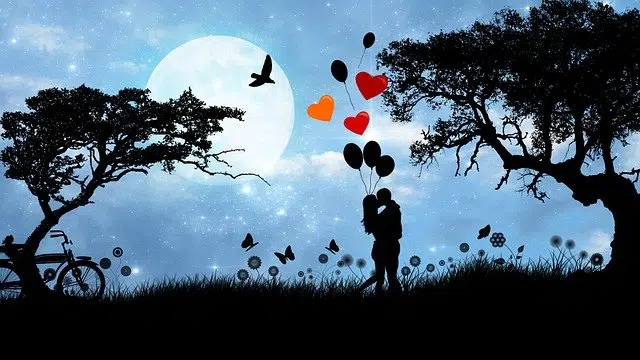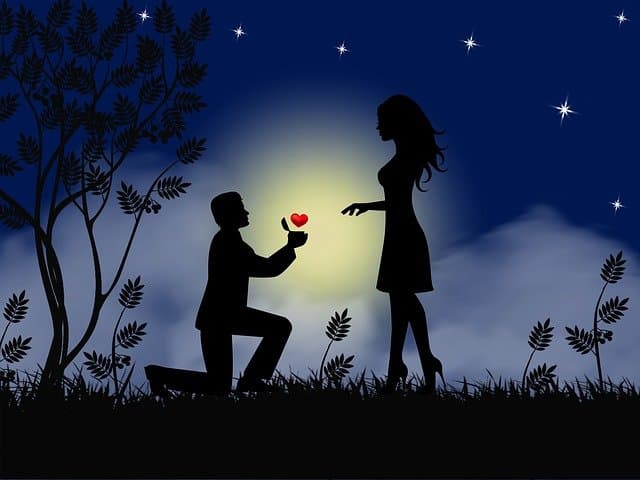
Romance is associated with romanticism.
Romance , from the Latin romanice , is a concept with several uses linked to the field of linguistics and literature . In colloquial language, however, the word allows reference to temporary or informal love relationships .
For example: "The actress lives a passionate romance with a man twenty years younger than her" , "I had an affair with a Chilean during the summer holidays" , "I haven't had a romance in a long time" .
Romance as a genre
Among the various genres of literature and film is the romantic genre , which refers to a love relationship, generally between two heterosexual people. Although it is impossible to frame certain stories in a single genre, those that revolve the plot around the intimacy of two individuals who fall in love are usually labeled romantic , with all that this entails on a cultural level.
Movies and books with these types of themes are generally considered to only interest women ; This thought, sexist in nature and not based on any type of thorough and realistic study of society, ignores the fact that millions of women dedicate their lives, for example, to medicine, music, teaching, sports. and journalism, all these professions that men also practice and that require great dedication to study and constant preparation in areas that are not necessarily related to makeup, expensive clothing and seduction .

Maintaining romance in a couple is important.
From the physical to the emotional
As if this view were not already narrow enough, the widespread conception of romance has as its protagonists a man and a woman, generally in good physical shape and with conventionally attractive features. Where are the homosexuals ? Furthermore, can't a man and a woman with normal appearances, with normal bodies, live a passionate romance?
The media continues to present romance as an adventure that only two very physically attractive people can experience; But perhaps it is even worse that these stories do not transcend the superficial plane of the characters, that they fall in love with a waist, with golden hair, with eyes blue like the sea . There is an insistence on transmitting a message of little commitment , of emotional distance , which can only lead to one of two possible results: divorce or unhappiness.
A love relationship that begins based on physical attraction and does not seek to be nourished on an emotional level does not have many chances of lasting or, at least, of enriching its protagonists .
Romance languages and the term in literature
Romance or Romance languages are those that derive from Latin . In this set we find, therefore, languages such as Spanish, French and Italian, which are closely related to each other, given that they presented a similar evolution and started from the same point. More than twenty languages belonging to this family are known, although only six of them are in active use.
Romance is, on the other hand, a metric combination that emerged in Spain. In it, the even verses have assonant rhyme and the odd verses remain loose. Generally, the verses are octosyllabic, although they can also be hexasyllabic or alexandrine. By extension, the poem composed with this meter and that is characteristic of the oral tradition is known as a romance.
For narrative, romance is a fictional story usually written in prose that is of great length. Romance, unlike the novel , presents characters and situations that are part of the universe of the wonderful.
An album by Luis Miguel
“Romance” is, finally, the title of an album by Mexican singer Luis Miguel , which was released in 1991 and nominated for the Grammy Award a year later.
“Romance” contains great hits like “No sé tú” and “Inolvidable” .
